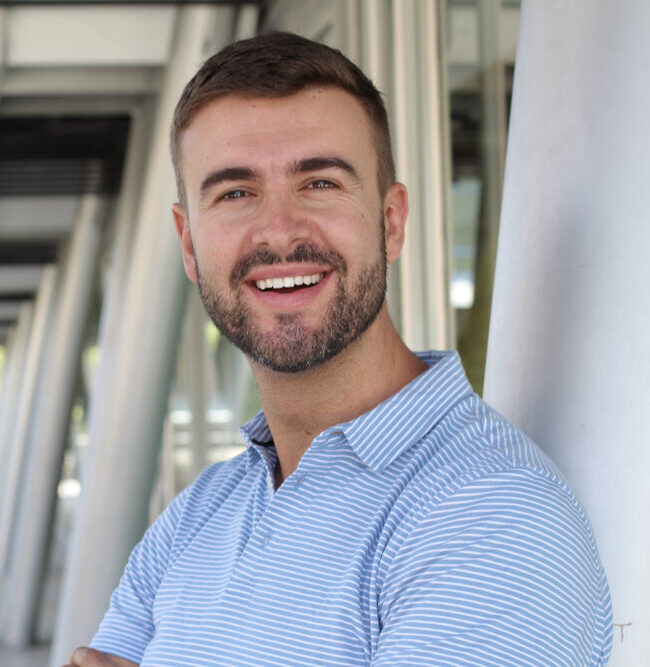Supreme Court Chief Justice Richard Wagner is usually the one to question lawyers arguing their cases in Canada’s highest court, but on Monday he faced an audience of Quebec high school students who wanted learn all about his work and the role of the court.
Students at Collège François-de-Laval took turns asking Wagner questions about everything from his career path to abortion rights, the appointment of judges and the politicization of the court.
The rare public outreach event is part of a week-long trip from the Supreme Court of Canada to Quebec City. The visit is part of an overall project to make the Supreme Court more open and accessible to Canadians and to foster a better understanding of the functioning of the Canadian judicial system.
“It’s hard to appreciate something you don’t know about,” Chief Justice said in an interview with CBC’S. Quebec AM Monday.
“I think it’s important that judges – and the justice system as a whole – take every opportunity given to them to explain to the public, to citizens, what we do, how we do it and why we do it. . .”
Quebec AM9:55The Supreme Court of Canada on the road in Quebec
The Supreme Court of Canada is hosting public events and will hear two high-profile cases in Quebec City this week. As Chief Justice Richard Wagner explained to host Julia Caron, this is part of ongoing work to be more open with the public and foster a better understanding of the justice system.
While in Quebec, the Court will also hear two high-profile cases involving Quebecers and meet with law students and the general public at various events.
This is only the second time in its history that Canada’s highest court is holding hearings outside of Ottawa. He made a similar trip to Winnipeg in 2019.
Learn the difference with US courts
Félix Légaré, a Secondary 5 student at Joseph-François-Perrault secondary school in the city center, said he was “honored” that his school was one of the nine schools visited by the judges of the Supreme Court.
He said he felt a little nervous when he stood up in front of his classmates to ask Judge Russell Brown a question. But the judge quickly put him at ease.
“We were able to see that it is not because we are a judge at the Supreme Court and that we have a very formal role that we are necessarily someone inaccessible,” said Légaré. “It was humanizing.”
Gaëlle Zubrzycki echoed her friend’s comments, saying she particularly enjoyed learning about the differences between the Supreme Court of Canada and the Supreme Court of the United States.
“That’s the aspect that I found the most positive,” she said, because “it’s mostly the American Supreme Court that we know, especially with the books and the TV shows that we see “.
Zubryzcki said the meeting was also an opportunity for classmates who want to study law to learn about the field.
“He also told us about his career, where he comes from,” she said.

Richard Bérubé, who teaches humanities at Collège François-de-Laval and who helped his students prepare questions for their meeting with Wagner, said the event was a unique opportunity for them to learn how the legal system Canadian compares to legal systems elsewhere.
“They enjoyed it, they had a lot of questions,” he said. “Students heard about things from the United States, from the Supreme Court there, so they were like, are we the same? Are we better?” he said.
It’s a question Wagner said he wanted to address during this visit. Although the Canadian judicial system is not without flaws, the Chief Justice said it is one of the most impartial and independent in the world.
He said, in comparison, the process of appointing a Supreme Court justice in the United States is much more political.
In Canada, an independent, non-partisan advisory committee identifies and suggests a short list of candidates from which the Prime Minister can choose, and the appointment is made by the Governor General.
“If we compare ourselves to the rest of the world, I think we should be very proud of our justice system,” Wagner said.

“Coffeeaholic. Lifelong alcohol fanatic. Typical travel expert. Prone to fits of apathy. Internet trailblazer.”
